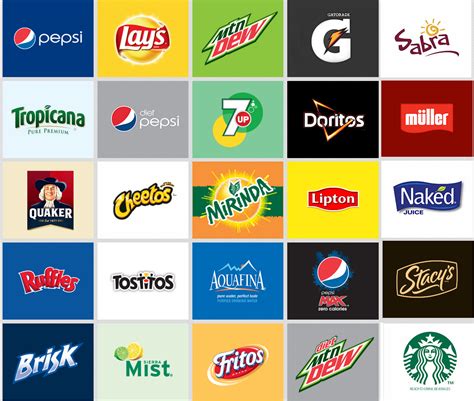The Complete Recipe for Successful Food & Beverage Branding
Building a thriving food and beverage brand isn't just about creating delicious products; it's about crafting a compelling narrative that resonates with your target audience. This comprehensive guide will walk you through the essential ingredients for a successful branding strategy.
1. Understanding Your Brand Identity: The Foundation
Before you even think about logos or packaging, you need a rock-solid understanding of your brand's core values. Ask yourself:
- What makes your product unique? Is it the quality of ingredients, a unique preparation method, a specific flavor profile, or a commitment to sustainability?
- Who is your ideal customer? Understanding your target demographic – their age, lifestyle, values, and food preferences – is crucial for crafting effective messaging.
- What is your brand personality? Are you playful and quirky, sophisticated and refined, rustic and down-to-earth, or something else entirely? Your brand personality should be reflected in every aspect of your brand, from your logo to your social media presence.
- What is your brand story? Every successful brand has a story. What's the origin of your product? What inspires you? What makes your brand special?
2. Crafting Your Visual Identity: The Look and Feel
Your visual identity is the face of your brand. It includes:
- Logo Design: Your logo should be memorable, relevant, and easily recognizable. Consider simplicity and versatility – your logo should look great on everything from menus to social media posts.
- Color Palette: Colors evoke emotions and associate with specific feelings. Choose colors that align with your brand personality and target audience.
- Typography: The fonts you choose should be legible, visually appealing, and consistent with your brand personality.
- Packaging Design: Packaging is more than just a container; it's a crucial part of your brand's visual identity. It should be eye-catching, informative, and reflect the quality of your product.
3. Developing Your Brand Voice: Communicating Your Message
Your brand voice is how you communicate with your audience. It should be consistent across all platforms and reflect your brand personality. Consider:
- Tone: Is your brand voice playful, serious, formal, or informal?
- Language: Use language that resonates with your target audience. Avoid jargon or overly technical terms.
- Messaging: Craft clear, concise, and compelling messages that highlight the benefits of your product and resonate with your target audience.
4. Building Your Brand Presence: Online and Offline
A strong brand presence is essential for building awareness and reaching your target audience. This involves:
- Website: A professional website is crucial for showcasing your brand, products, and story.
- Social Media Marketing: Utilize social media platforms to engage with your audience, share content, and build a community.
- Public Relations: Seek opportunities for media coverage and build relationships with food bloggers and influencers.
- Events and Sponsorships: Participate in food events and sponsorships to increase brand visibility and build relationships with potential customers.
5. Maintaining Brand Consistency: The Ongoing Effort
Branding is an ongoing process, not a one-time event. Regularly review and refine your branding strategy to ensure it remains relevant and effective. Monitor customer feedback, stay up-to-date on industry trends, and adapt your strategy as needed.
By following these steps and consistently implementing your branding strategy, you’ll build a strong and recognizable food and beverage brand that resonates with your target audience and drives sales. Remember, consistent effort and a clear understanding of your target market are key to long-term success.
